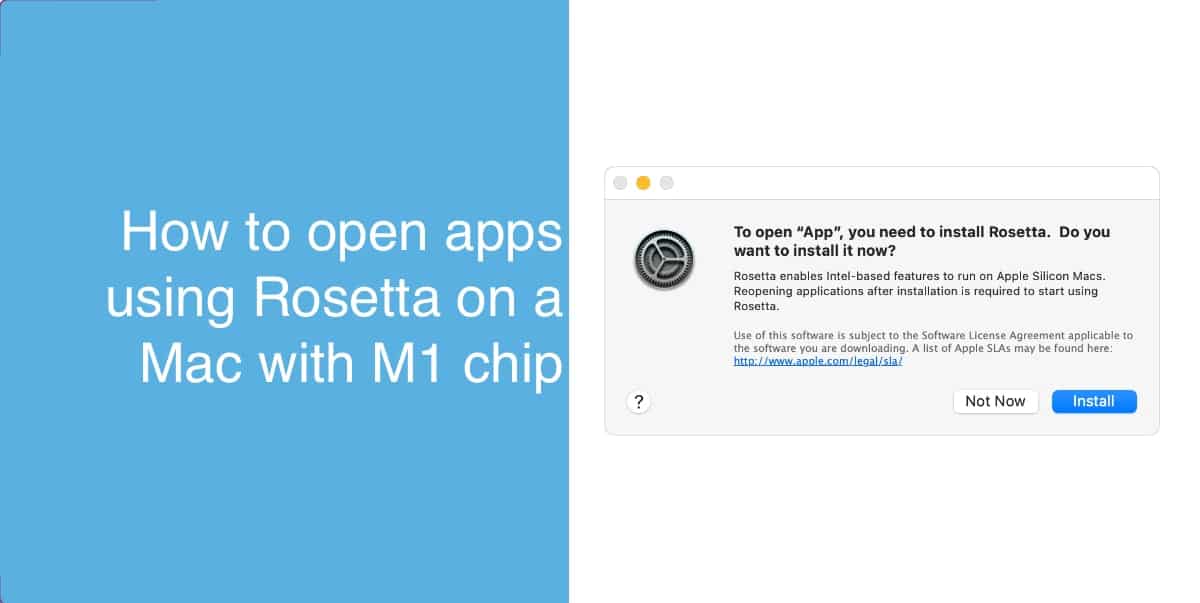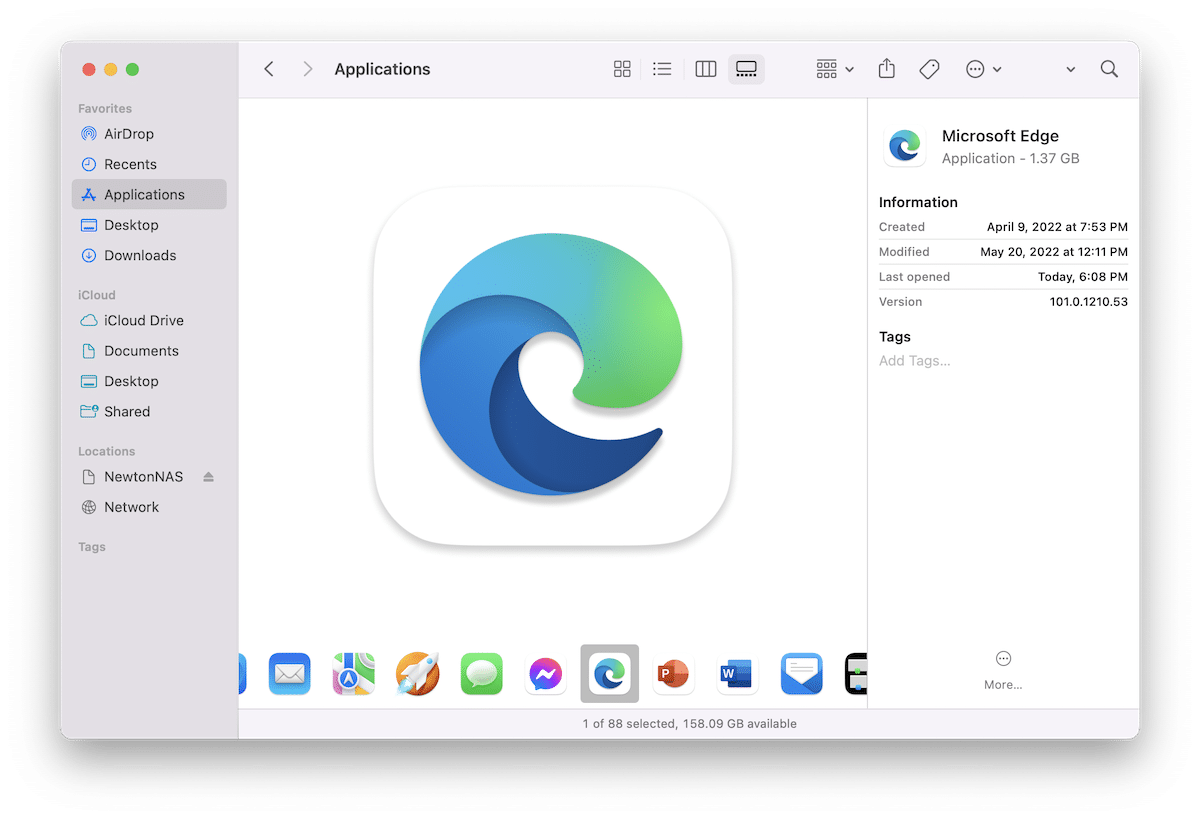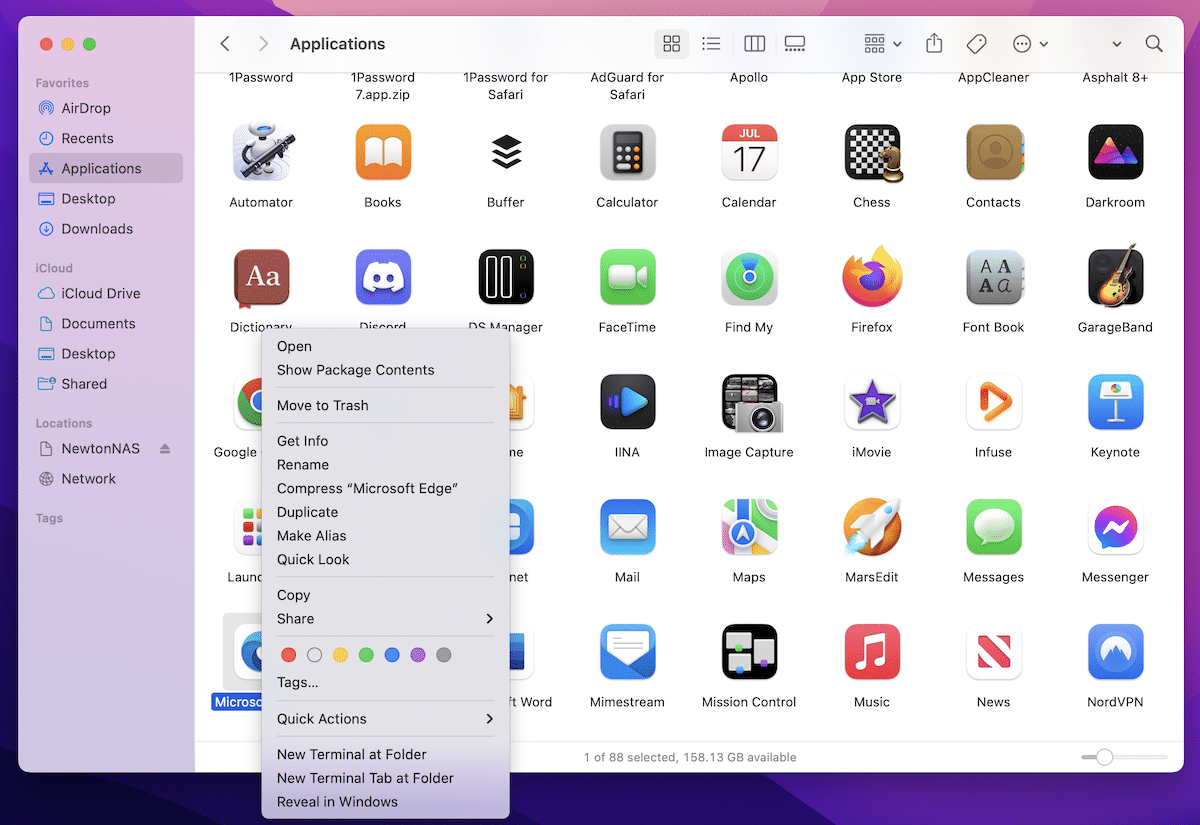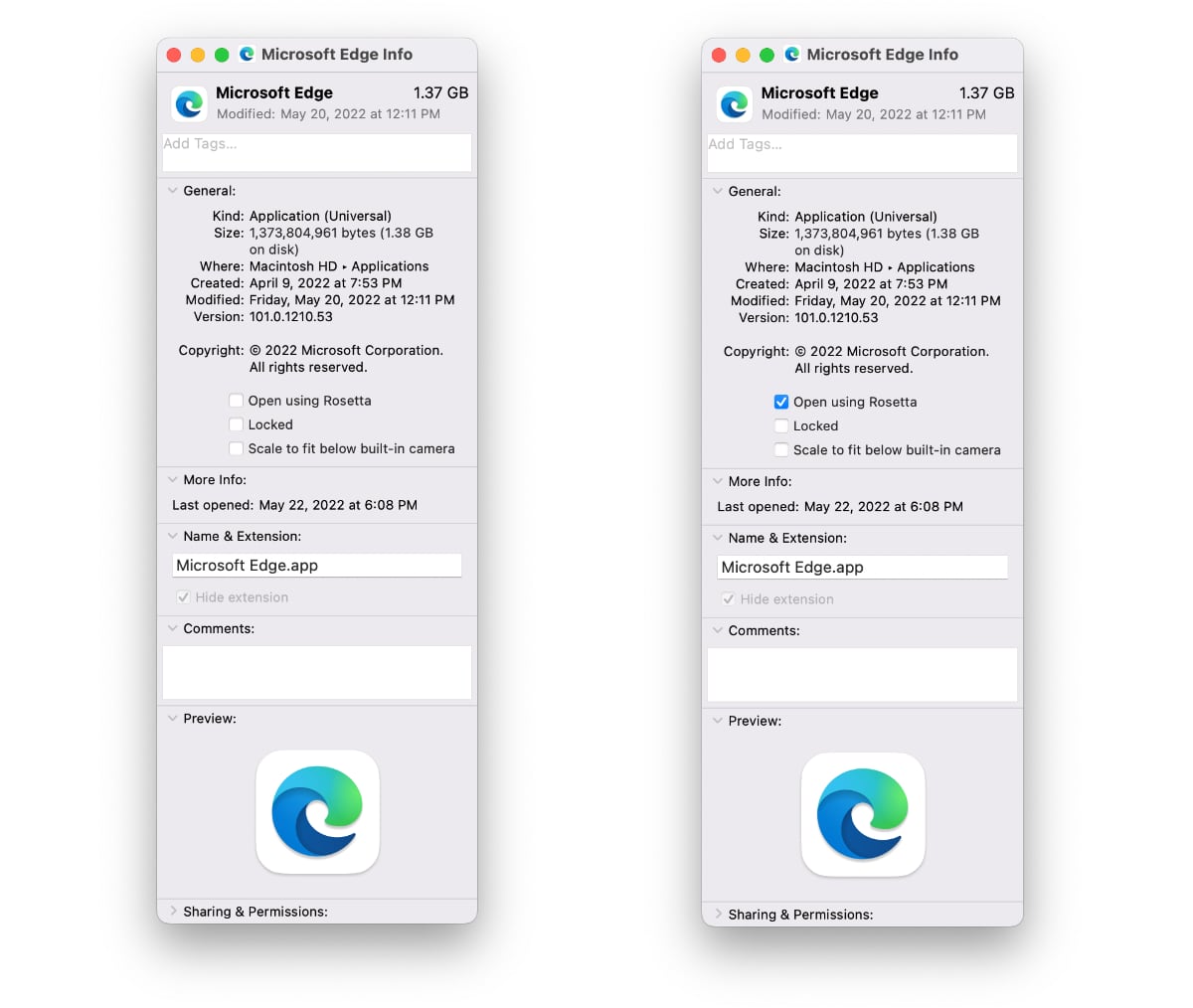Here is how you can open apps using Rosetta on a Mac with an M1 chip. This can help with apps that do not perform well without Rosetta or feature add-ons or plugins that do not work with Apple Silicon. Switching to “Open using Rosetta” can help such apps work without issues.

Use “Open using Rosetta” on a Mac with an M1 chip
Rosetta 2 is Apple’s translation layer for x86 emulation that allows apps and games that have not been updated for Apple Silicon to work without any changes by developers on M1 Macs. While ideal compatibility, performance, and efficiency require that developers update their apps for Apple Silicon, there are many older apps that are not supported anymore and could be mission-critical for many users.
macOS can automatically detect and switch to native app execution thanks to universal binaries, which contain executables for both Intel and M1 Macs. However, there are certain instances where an app updated for Apple Silicon might not support some features that have either not been updated yet for the M1 chip, or rely on add-ons or plugins that are not updated.
To ensure that you can get such apps to work without issues, you can use the option “Open using Rosetta” by following the below steps. Note that you will have to ensure that Rosetta is already installed on your Mac. This can be done by opening an app that requires Rosetta, and macOS will ask if you want to install it.
- Open the Applications folder by going to Finder, and looking for it in the left sidebar. Find the app that you want to use this option for. Make sure that you have quit the app before proceeding further.

- Right click on the app and click on “Get Info”.

- In the Infobox, look for the option “Open using Rosetta”. Enable this and close the Infobox.

You can now run the app again and it will open using the Rosetta translation layer.
Despite being a translation layer for x86 emulation, Rosetta 2 is very fast and capable when it comes to performance. In many benchmarks, it has outperformed even native x86 chips. Even when it comes to gaming, Rosetta provides faster performance than older Macs with Intel chips.
Read more: